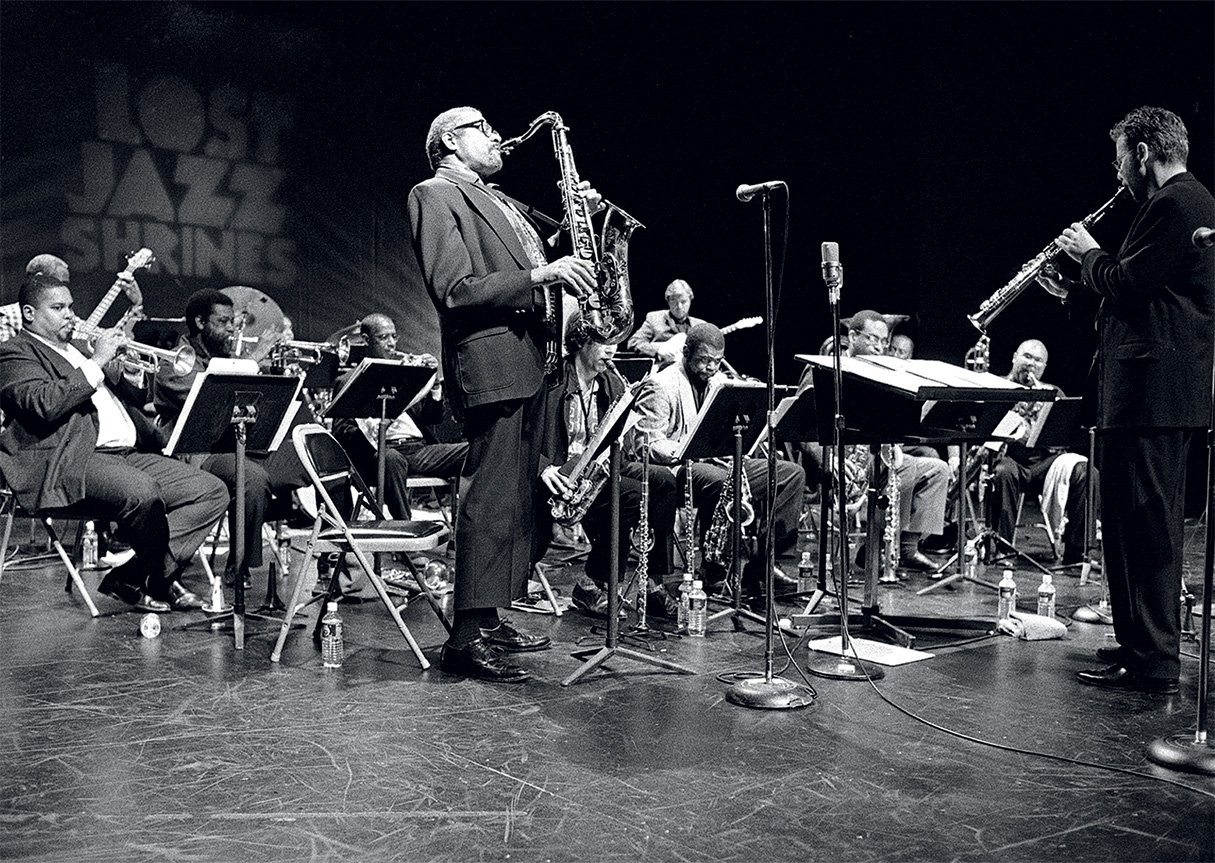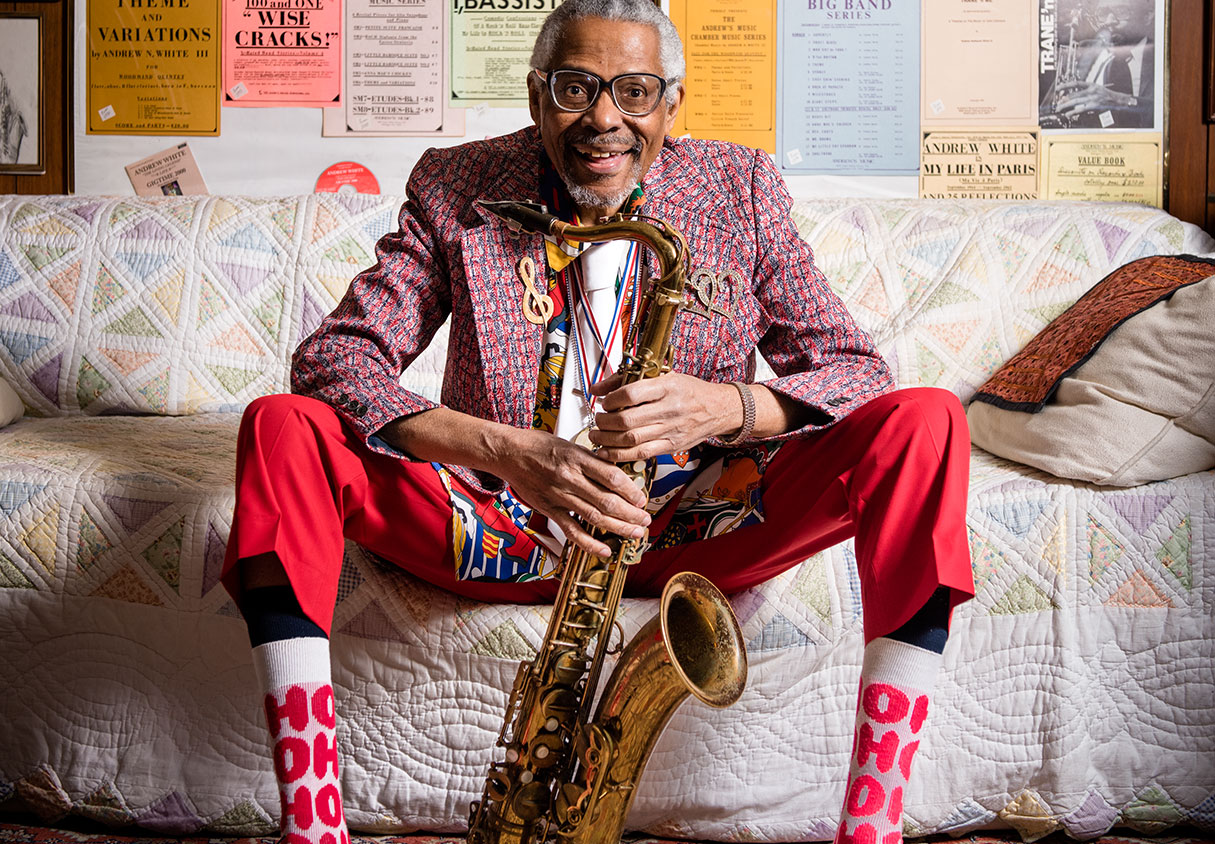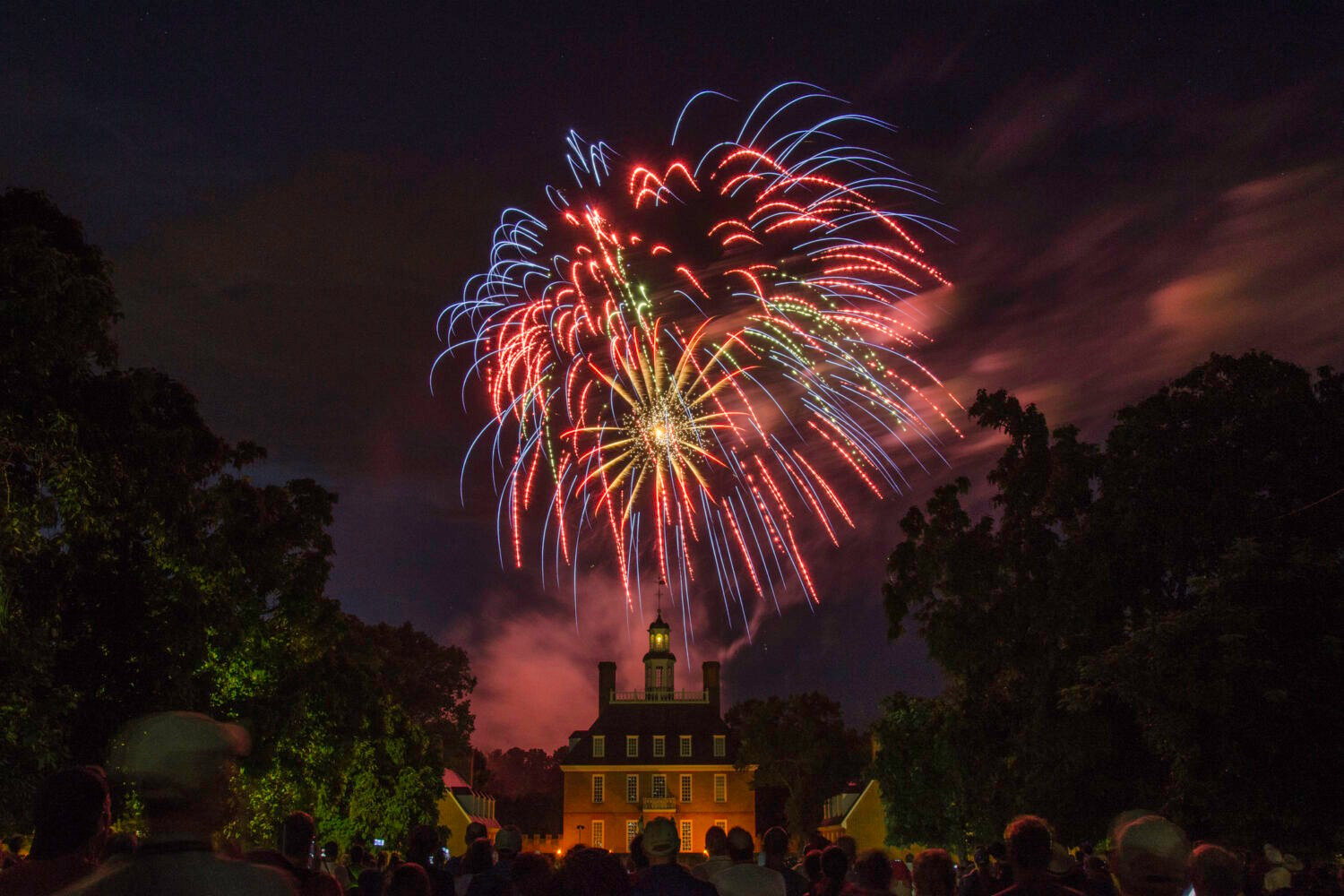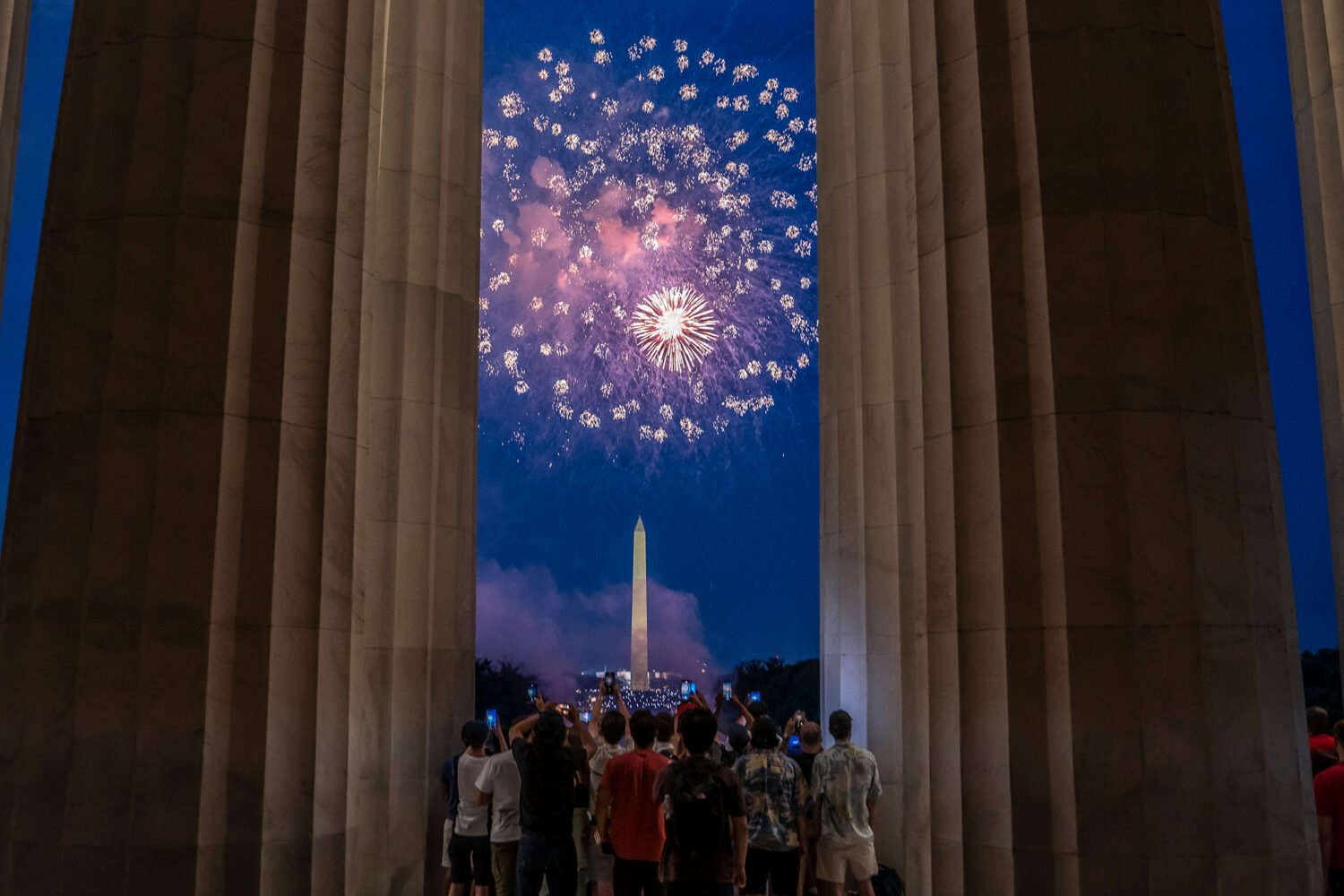For nearly 60 years, Andrew White has committed John Coltrane’s solos to paper, capturing the saxophone giant’s famously free-flight improvisations in notes that don’t appear on standard jazz sheet music. As fans celebrated the jubilee of A Love Supreme—Coltrane’s masterpiece 1965 album—in February, White was preparing to chart solos from newly released recordings of Coltrane’s 1960 concerts with his onetime bandleader Miles Davis. They represent the most recent of 840 Coltrane solos White has written down—a feat “most people think would be impossible,” says Mark Gridley, author of the widely used textbook Jazz Styles.

A flamboyant dresser and talker at age 72, White has the peripatetic, idiosyncratic résumé of a prodigy. Raised in Nashville, he arrived at Howard University in 1960, brimming, he says, with “swaggering iconoclasm, with commercial intent.” He was here to study music theory and oboe but, with iconoclasm and ready cash in mind, hauled his alto sax to local jazz clubs, playing regularly at Bohemian Caverns at 11th and U. During intermission, he often went around the corner to Abart’s Internationale to hear Coltrane, whose disruptive solos he had begun turning into scores for his own use at age 13. “I wanted to know what was wrong with him,” says White, laughing.
After Howard, his oboe took him to Paris, Tanglewood, and, for three seasons, the orchestra pit of New York’s American Ballet Theatre. All the while, White stayed active on the jazz scene, recording with Coltrane’s pianist McCoy Tyner and helping shape the fusion sound as an electric bassist with Weather Report while recording on his own indie label, Andrew’s Music, headquartered in his Brookland home. In 1974, DownBeat magazine gave his album Passion Flower five stars. For years, he also played bass for Stevie Wonder and the 5th Dimension.

But by the mid-’70s, White was making a living from Coltrane’s solos, the first 209 of which he’d published in a single volume in the fall of 1973. Sought out by musicians “trying to find hot licks,” White says, his scores were soon being requested by music students and jazz historians. “They are very accurate, bare-bones transcriptions,” says Lewis Porter, a music professor at Rutgers University-Newark, but invaluable, he explains, “if you want to talk about Coltrane’s music, how he puts this together, and how he comes back to this idea.”
White’s encyclopedic record is astounding for its sheer volume but also in the difficulty of tracing Coltrane’s pioneering late work—“what was really a blur, with no bar lines, no tempo, no chord changes,” says Gridley. “It’s a mammoth contribution.”
This article appears in our May 2015 issue of Washingtonian.













